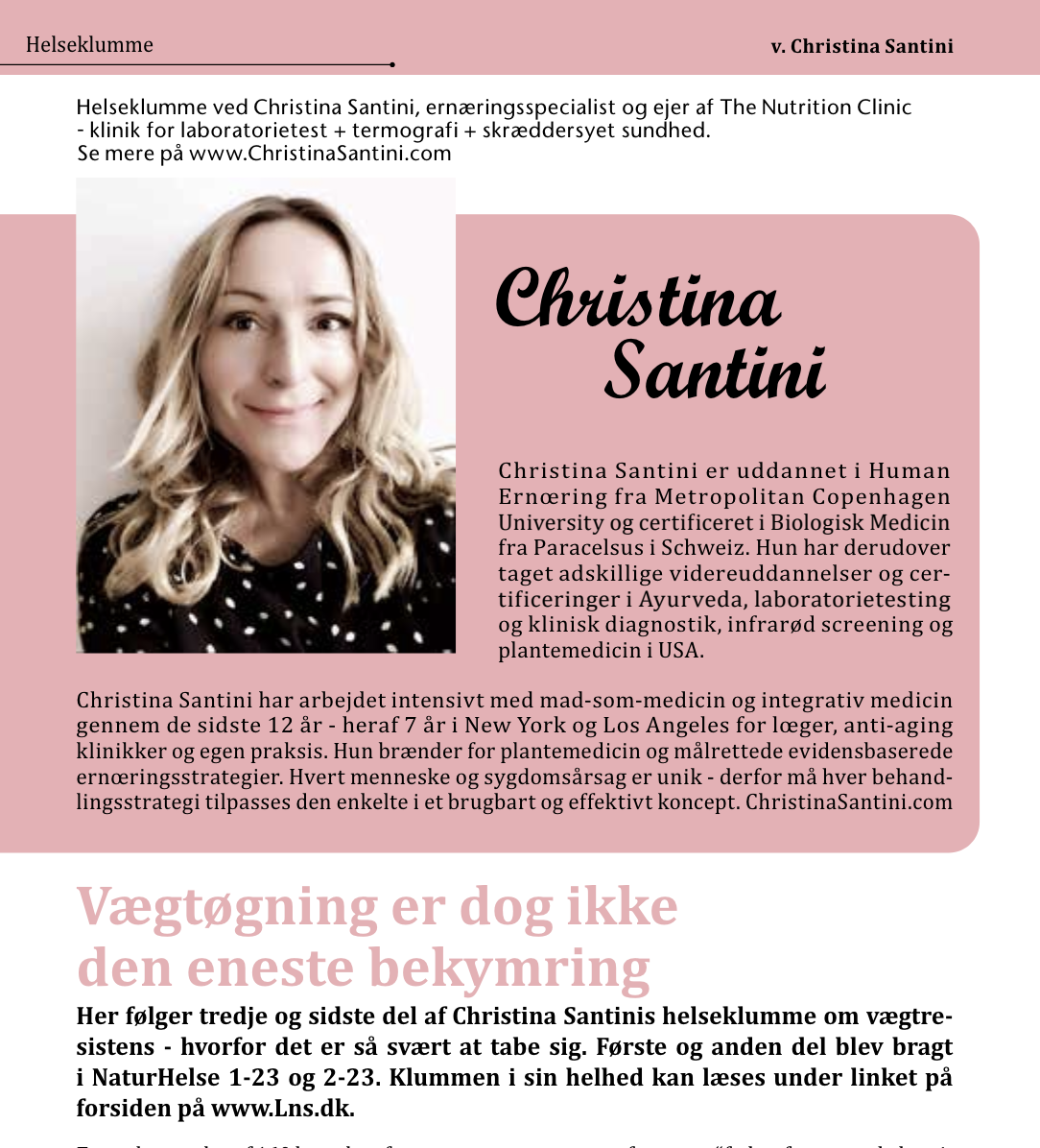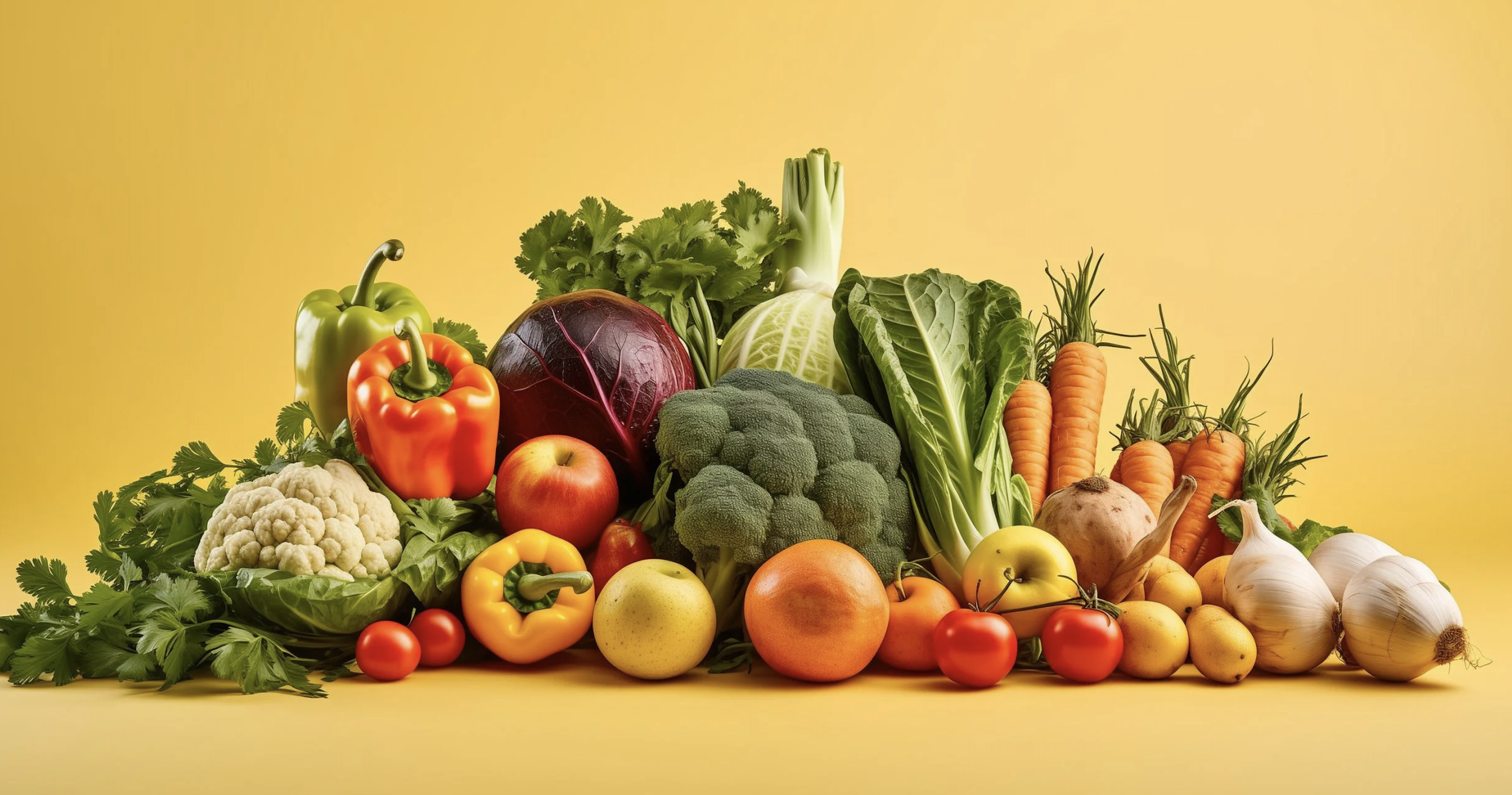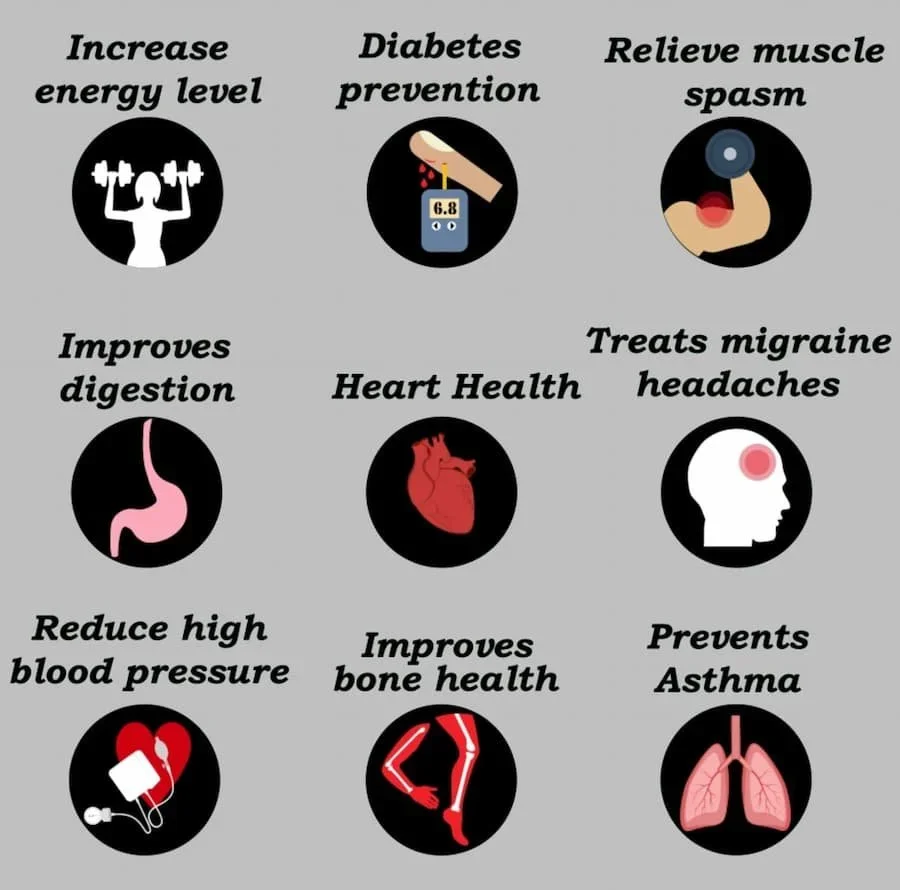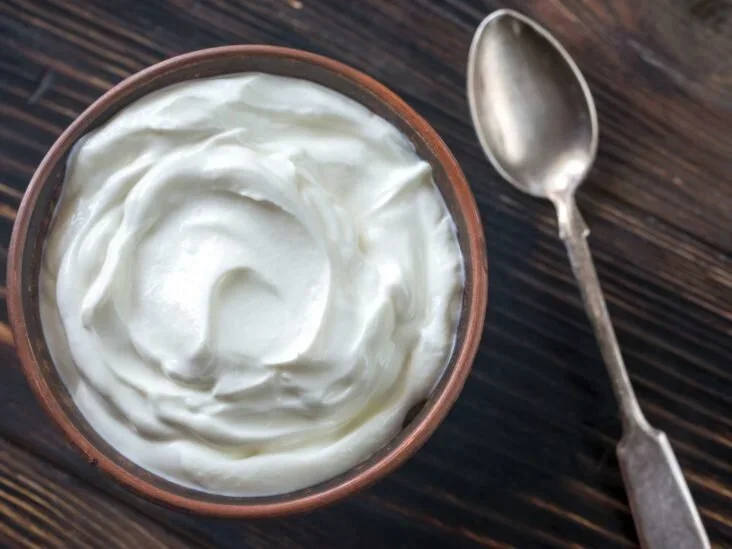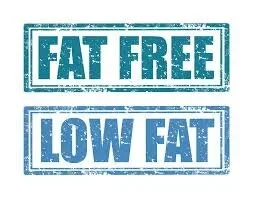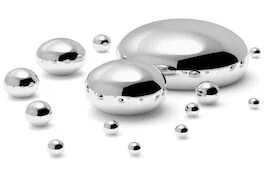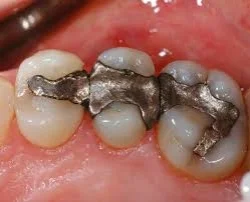
health briefs
This is smart health for real life. Short reads, clear science, practical moves. I show you where better energy, focus, and resilience come from. Follow along for data-driven insights, clinical strategies, and behind-the-scenes perspective on strategic health for individuals and companies.
We Need Doctors to Be Medical Experts—Not Hobbyist Nutritionists
There is a growing and deeply concerning trend: medical doctors stepping outside the field they were rigorously trained in—medicine—and entering domains like nutrition, often based on personal interest, frustration with the healthcare system, or anecdotal experiences.
Let’s be clear: nutrition is a scientific field in its own right.
And most MDs have received minimal or no formal training in it during medical school.
When MDs use their medical title to disseminate opinions or personal beliefs in nutrition, they unintentionally mislead the public—because their words carry weight, but not always accuracy.
This isn’t a call for rigidity. It’s a call for excellence.
We need medical doctors to raise the bar within their own field.
Are Seed Oils Really That Bad? Let’s Talk Facts — Not Fear
Let’s be honest: if you hang out on health TikTok or deep-dive into wellness podcasts, you’ve probably heard people calling seed oils "toxic," "inflammatory," or even “the root of all chronic disease.”
Seed oils — like canola, sunflower, soybean, and corn oil — have been demonized hard in recent years. But here's the truth: seed oils are not inherently bad, and some of the claims against them are, well… a little overcooked.
Let’s unpack what’s actually true, what’s overhyped, and why omega-6 fats (the main component of seed oils) are literally essential for your body.
Sugar Is Not Toxic: A Scientific Perspective
Sugar is not a toxin. You cannot “detox” from sugar. Sugar often gets a bad rap in today’s health-conscious world, with many headlines labeling it as “toxic.” But when we take a closer look at the science, the reality is more nuanced. Sugar, in and of itself, is not toxic — it is a natural component of many foods and plays important roles in human biology.
ARTICLE FEATURE: Why we struggle with weightloss resistance part 3 (DANISH ONLY)
This is part 3 out of 3 of a series I’ve written for Danish health magazine LNS about why we struggle with weightloss resistance.
Read the full article here (p 18-22): click here and feel free to share.
ARTICLE FEATURE: Why we struggle with weightloss resistance (DANISH ONLY)
This is part 2 out of 3 of a series I’ve written for Danish health magazine LNS about why we struggle with weightloss resistance.
Read the full article here (p 18-22): click here.
NEW TALK: 5 Keys To Thrive Effortlessly
Want to BOOST YOUR EMPLOYEES’ ENERGY, MOOD + BRAIN POWER?
Then you want to book this talk! Simple evidence-based steps to make big changes to how we thrive mentally and physically.
(I just did this talk for VEO technologies in Copenhagen)
Misregulation of blood glucose is a thing for non-diabetics
Lately, I’ve been falling over some contents claiming that blood sugar is always stable in healthy people and the glycemic index is none-sense unless you are diabetic. While there are many misconceptions at the moment about what causes chronically dysregulated blood sugar and insulin resistance - i.e. some claiming that carbs are the issue, and we just need to cut carbs out and eat a meat-based (carnivor) or fat-based (keto) diet - it is simply also not true that blood sugar always keeps stable in healthy people. Or actually it is true that for as long as the body is still healthy enough to produce enough insulin to quickly get the glucose out of the blood stream (in contrast to diabetics) the overall blood sugar levels keep stable - but(!!) the more high spikes and following crashes we get from the foods we eat the less healthy we will be in time. So while we at the peak of our health may be able to have overall balanced blood sugar regardless of what we eat on the glycemic index - this doesn’t mean that it down the road is ideal to continue to engage in, if we are to STAY healthy.“There are lots of folks running around with their glucose levels spiking, and they don’t even know it,” said Michael Snyder, PhD, professor and chair of genetics at Stanford and senior author of the study. The spikes are in fact a health problem because high blood sugar levels, especially when prolonged, can contribute to cardiovascular disease risk and a person’s tendencies to develop insulin resistance, which is a common precursor to diabetes, he said.“We saw that some folks who think they’re healthy actually are misregulating glucose — sometimes at the same severity of people with diabetes — and they have no idea,” Snyder said. Furthermore, when we get a blood sugar spike, followed by a crash this is known to affect cortisol which increases hunger - and thus we have the craving cycle.
Magnesium is the no. 1 most commonly found deficiency today
It would be optimal if we could eat enough of all the vitamins and minerals, because food is more recognizable to the body and it is easier to absorb. The sources of magnesium in our food products include whole grains, nuts, sprouts, legumes, cocoa, meat and vegetables. However, what I see when I test, is that many lack it - in 9 out of 10 cases, we see a deficit of magnesium. Magnesium is, together with zinc and silica, among the minerals we commonly find is difficult to obtain an optimal level of through our food because the soil is so depleted and our demands for these minerals have increased due to various stressors in modern life.
Essential minerals in today’s world - NEW TALK (Zoom webinar - Danish only) 2nd of March
Minerals are one the single most important factors in overall health status. We will go over the most important minerals to support gut health, immune health, mental health, skin and bones. To sign up for webinar go here: https://tidslerne.nemtilmeld.dk/294/ Please share.
Cordyceps: more than 21 clinically approved benefits on human health including anti-diabetic, anti-tumor, anti-oxidative, immunomodulatory, sexual potentiator and anti-ageing effects.
“Cordyceps has a long history of use as a lung and kidney tonic, and for the treatment of chronic bronchitis, asthma, tuberculosis and other diseases of the respiratory system. The cardiovascular effects of Cordyceps are being noticed more frequently by researchers as it works through variety of possible ways either by lowering high blood pressure via direct dilatory effects or mediated through M-cholinergic receptors resulting in improvement in the coronary and cerebral blood circulation.”
Why you do NOT want to consume "light" or "sugarfree"
I’ve never been a fan of light products. It’s just counterintuitive to common sense: the body counts calories partly based on taste in combo with calorie density, and if we mess with food, that will very likely have an impact on our appetite-satiety switch, which is the worst thing ever to mess with, if we wish to have a healthy relationship with food, body and weight. It is true: we don’t have science to support that drinking artificial sweetened products can be tied to serious diseases. However, I think that is pretty much besides the point. Just because you don’t get cancer from one single life-style factor, it doesn’t make it harmless.
I'm LIVE on the Holistic Nootropics podcast talking about toxicity
I had pleasure of talking with Erik Levi, the host of Holistic Nootropics podcast about how toxicity is ruining our health today. I love how Erik Levi talks to a lot of very different people, who have different opinions about health which makes for a super balanced podcast experience - he’s had legendary Dr. James Greenblatt (eating disorder specialist) on his show along with Dr. Kurt Woeller (all things lab related expert) to name just two of my favorite people
REPLAY of my talk on The Essential Role of Detoxification in Modern Life
Click on to watch the replay of the webinar I did for ASmallWorld members right here: https://www.youtube.com/watch?v=xDu6RD8UdRw&t=118s Feel free to share it.
Is keto good for low thyroid?
Low thyroid tends to affect the mitochondria negatively, when you then eat a keto diet, all the energy from ketogenesis goes directly to the mitochondria (which are often malfunctioning), to produce energy. This will worsen energy levels and weight for the majority. You are taking the fatty acids of fat and transporting that into the mitochondria, and if there are any issues with the carnitine-shuttle, then there are going to be problems. On top of that, then you are doing a fatty acid oxidation, so you are breaking that down in to acetyl-CoA and making it go through Krebs cycle and the electron-transport chain. This results in a very poor energy outcome in cases, where there is mitochondrial malfunction. Typically, when our thyroid is not working, we are struggling with chemical, infectional and/or heavy metal load, which is affecting the mitochondrial function. We do not want our energy production to have to go through this malfunctioning pathway then - we want to focus on glycolysis instead. The key here to understand is, that as our body changes with time, so do our dietary needs. And healthy eating is only healthy, if we are eating right for our body’s needs.
Why lack of sunlight makes you fatter (study shows).
In the study researchers found that the white unhealthy type of fat cells shrink under sun’s blue light. This breakthrough helps explain why we tend to pack on the pounds in winter regardless of no change in diet/activity. And this may very well lead to light-based treatments for obesity and other related issues like diabetes. Read the full study here: https://www.ncbi.nlm.nih.gov/pmc/articles/PMC5703708/
Not just what you eat but WHEN you eat matters (article link)
Not just what you eat but when you eat. I’ve written an article on how meal-timing is key for hormone regulation, weight-loss and blood sugar: https://www.healthwebmagazine.com/healthy-living/blood-sugar-and-hormone-regulation/ And this is also why intermittent fasting is not for everyone long-term: especially women’s hormones are sensitive to fasting over 12-14 hours and will see negative impact on metabolism, estrogen and adrenals if longer fasting is practiced long-term.
Full-fat dairy (but not low-fat) protects against diabetes type 2
“Decreased Diabetes type 2 risk at high intake of high- but not of low-fat dairy products suggests that dairy fat partly could have contributed to previously observed protective associations between dairy intake and diabetes type 2”
Read the full study here: https://pubmed.ncbi.nlm.nih.gov/25832335/
And keep in mind that what shows up as the most allergenic compounds when we doo food allergy testing are casein and lactose - both very low in butter and cream, hence the reason small amounts of these full-fat items carry health benefits to them, especially as they contain butyric acid which is key for healthy gut flora.
Low-fat diets do not result in greater fat-loss than higher-fat diets
“Findings from our systematic literature review and meta-analysis of RCTs fail to support the efficacy of low-fat diet interventions over higher fat diet interventions of similar intensity for significant long-term clinically meaningful weight control. Previous trials comparing low-fat diet interventions with “usual diet” or minimal intensity control groups have mislead perceptions of the efficacy of reductions in fat intake as a strategy for long-term weight loss. In fact, comparisons of similar intervention intensity conclude that dietary interventions lower in total fat intake lead to significantly less weight loss compared with higher fat, low-carbohydrate diets. Health and nutrition guidelines should cease recommending low-fat diets for weight loss given the clear lack of long-term efficacy over other similar intensity dietary interventions. Additional research is needed to identify optimal intervention strategies for long-term weight loss and weight maintenance, including the need to look beyond variations in macronutrient composition.”
Read the full study here: https://www.ncbi.nlm.nih.gov/pmc/articles/PMC4667723/ and remember that all this seemingly confusing back and forth research basically taps into our need for both fat, protein and carbs - too much or too little of anything is never a good thing in the long run.
New research shows promise for detoxing mercury
Mercury is still one of the heavy metals that takes a long time to detoxify with the remedies we know today - that is, if we want to do it safely and not risk redistributing it around our body and brain. Redistribution is a major concern with some of the methods widely used today i.e. DMPS and DMSA along with taking chlorella alone (must always be taken with another thiol-containing substance such as cilantro, as it is not stable for detox purposes taken alone). Important to be aware that approx. 30% of people can't tolerate chlorella very well, which might be due to optimized function of the enzyme cellulase. If you are unable to tolerate chlorella, one might consider adding an enzyme with cellulase in it to help digest the chlorella. Recently more and more studies with chitosan, however, seem to show that this substance may be more effective for mercury. On a sidenote: I will be in Los Angeles March + April, where I can be booked for talks, workshops etc. Check out examples of some of the previous talks I’ve done by clicking right here >>
What hormone issues, weight gain, digestive issues and mental health have in common.
I can’t stand the word detox frankly. Yet I use it more than any other word in my practice these days. It is one of the core things I do today, because the lab testing I do is repeatedly showing that most issues you guys are coming in with are due to blockages in the system due to various accumulated toxins. Most symptoms can be traced back to different toxins that are interfering with the body’s ability to function and repair normally. Sidenote: For those of you who were at my talk in Øksnehallen in Copenhagen Sunday 30th of September I am attaching handouts for the talk as promised - click here to download the notes (DANISH only).




